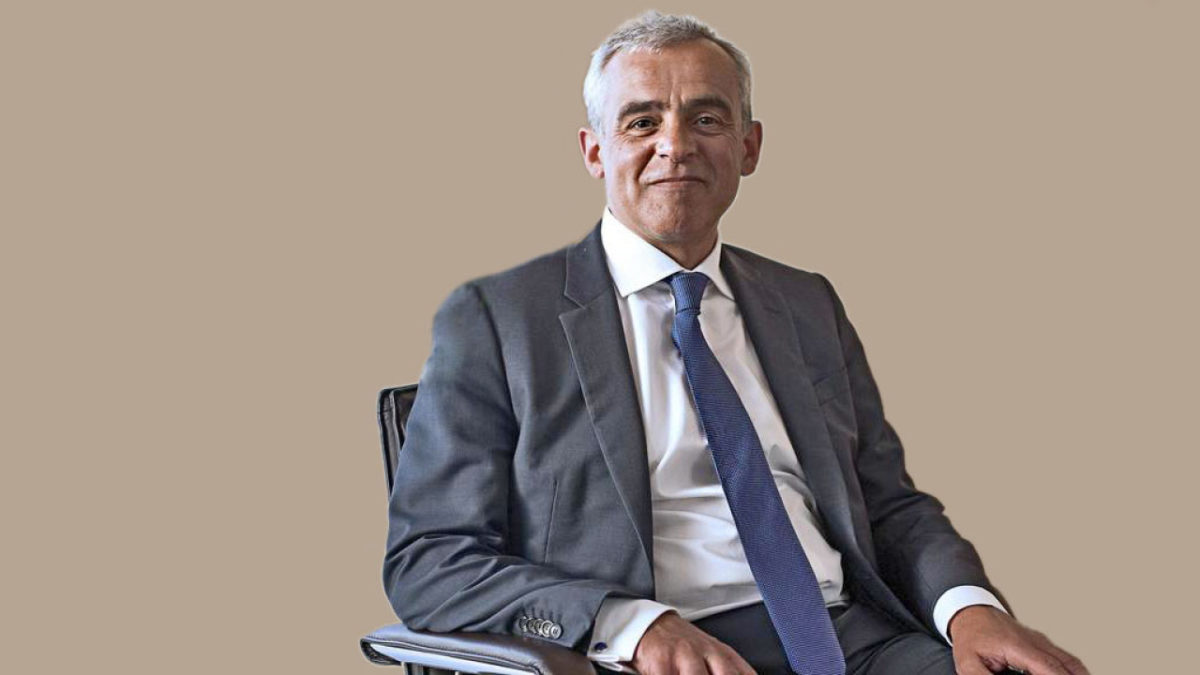Alternative thoughts on the value conundrum
This is not another ‘now is the time for value’ story. Really. Perhaps the unique nature of the market’s record run in growth over value has been to do with our definition of value. Here are some alternative thoughts.
According to a paper from Amundi Asset Management, ‘Do Not Give Up on Fundamental Valuations’, Investors are struggling to define value, which, to a large extent in the current long cycle, has been driven by low-to-no interest rates.
There is a perception of the erosion of value, whereby the key value driver is not fundamental valuations but the monetary factor, and the lack for forecasting power of the fundamentals.
Recent concerns, particularly in the US where the markets seem to be reacting to this – in both directions – almost daily, are over the re-emergence of inflation. These concerns have kept value investors in the game since late last year when the first cracks appeared in the growth story. Then came the COVID vaccine, which pushed the big tech stocks back up for a while, before they recovered somewhat, and now inflation allowing at least a temporary window for value investors to clock some gains.
Pascal Blanque, Amundi’s group CIO, has two main suggestions for investors. They are:
- There needs to be a reliable definition and metrics. The definition should be combined with a large scope which takes into consideration the current market environment of low rates and possible market ‘narratives’, such as reflation, and
- They need to assess the value trade-off. This is between locking capital in value with a long-term horizon or deploying straight away in different investment strategies.
Pascal says: “We strongly believe it is not time to give up on value/valuations. A proper definition of value combined with an enlarged scope that takes into consideration the current market environment (low interest rates) and narratives that drive market expectations, will provide, in our view, a helpful tool to design portfolios that can navigate a possible shift towards a new economic and financial regime.”
The main takeaways from his paper are:
- Higher inflation challenges traditional diversification, as correlation between equity and bonds turns positive. To build an inflation-proof portfolio, investors should consider increasing their allocation to pockets of assets such as inflation-linked bonds, real assets (real estate and infrastructure in particular) and commodities.
- In a world of stretched absolute equity and bond valuations, relative value is the only value left in markets. Investors should look at relative value within and across asset classes. Absolute return approaches that seek to extract relative value in markets, with limited directional risk, could enhance diversification.
- The role of equities will be key both in tactical (attractive valuations vs bond) and strategic asset allocation. Despite their stretched absolute valuations, they are the ‘must own’ assets in a world of lower expected returns (due to the lack of returns on the bond side). Investors will have no choice, but to increase equity allocation, and
- A higher inflationary regime will drive a multi-year rotation from growth to value stocks. Lower interest rates, used to discount future profits, have amplified growth outperformance and therefore growth stocks are now vulnerable to higher rates. Investors should focus on sector allocation with a preference for sectors linked to real assets (commodities, energy and infrastructure).











